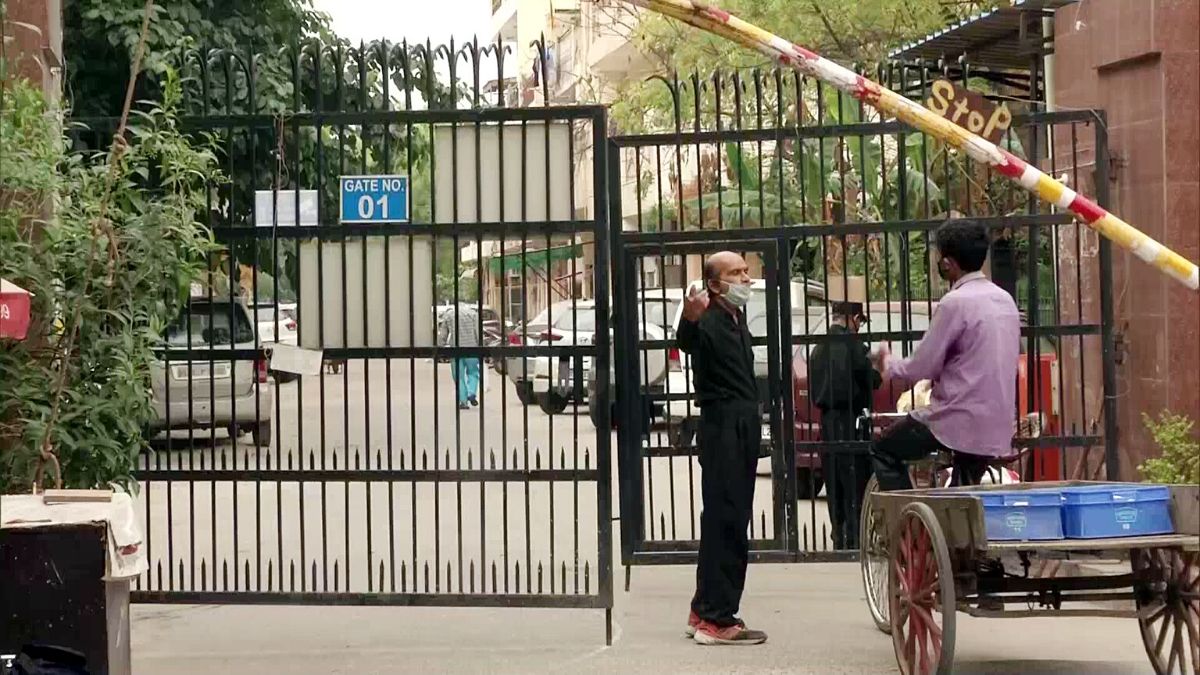
In th e Covid-19 lockdown period, amongst the other glaring features which caught a citizen’s eye, was the role of RWAs in managing the “gated community”. These are largely middle/new middle class in terms of number and character and remain a key channel of middle-class activism and collective action. Though typologies of RWAs have been neatly outlined in cities like Bangalore, generally RWAs deal with issues of common concerns such as security (through appointing private guards at key entry points), maintenance of local infrastructure (parks and gardens) resolution of local disputes and organisation of social and cultural events for their members.
The increasing role of RWAs has been considered a pointer of “deepening of democracy” by JNU professor Gurpreet Mahajan where the public sphere is sought to be a decentralised system of administration and involvement of people in governing themselves. In these significant ways, RWAs negotiate the relationship between state and the middle classes.
The “urban middle class” is too homogenous a term to be able to capture multiple locations, interests and varied access to power of different sections as the claims made by RWAs are not only fractured but often contradictory. The period of lockdown can be seen in a similar vein. Ban on the entry of outsiders and specifically service providers like delivery boys, domestic helps, drivers, cleaners, etc, not only brings forth this contradiction through the intense arguments over several RWA WhatsApp groups but also produced middle class urban-poor dualism (through the ban) which is critical in shaping middle class mobilisation.
Suddenly the middle class whose daily lives rests on the shoulders of service providers was seen to be socially distancing itself by looking at them as potential risk factors! Minna Savaala, author of Middle Class Moralities, points out, “The new middle class does not want to recognise its moral duty in uplifting the poor and reducing poverty in India which is in complete opposition to the older middle-class value of being empathetic towards the poor.”
The post-colonial state in India has always been imagined as the benefactor of the poor but RWA activities are increasingly becoming a site for reformulation of the relationship between the middle class and the state. Citizenship, which simply means free and equal membership, is “unequal and unfree” in this “decentralised system of administration”. The composition and character of RWAs rests on mostly property owners who have voting rights in their elections. Such voters and those they elect as a result are largely male, leading to imaginaries of desirable publicness.
When interviewed, a “sole” woman representative of the RWA admitted that when she challenged the “male-centric” decision making and approached district administration against these bans even before the lockdown, she was trolled over social media and received SMSs for “jeopardising” the safety of residents. In another shocking move, the RWAs in their overzealousness and self-righteousness issued moral diktats acquiring supra-administrative powers in contravention to the lockdown guidelines laid by the state and the district administration. Newspapers and selling of vegetables which were defined as essential goods and services were also banned.
In NCR districts like Ghaziabad, things had reached a point where RWAs were threatened with police action if they continued these activities. hat clearly marked this lockdown period in the “gated community” was the near absence or loss of deliberative space. While on the one hand they defied administrative orders, on the other hand there also appeared a renewed process of rethinking the state as it was increasingly imagined as the only “saviour” against the deadly virus.
RWAs played the role of channelising the firm and ardent enthusiasm with which the middle class clapped and lighted diyas for the “Corona Warriors”. This paradox, one hopes, would lead to a more meaningful and fruitful relationship between the middle class RWAs and the state. The writer is Assistant Professor, Department of Political Science Indraprastha College for Women, University of Delhi. Views are personal.